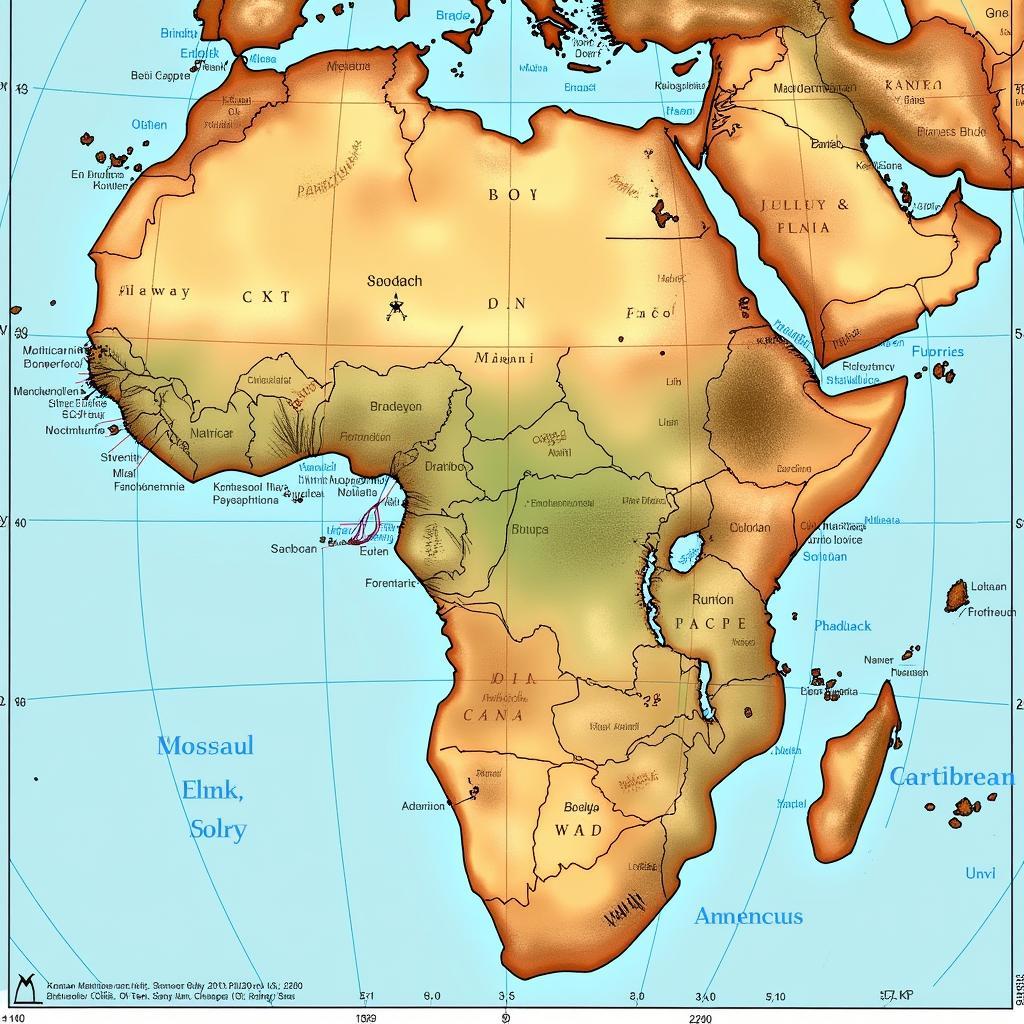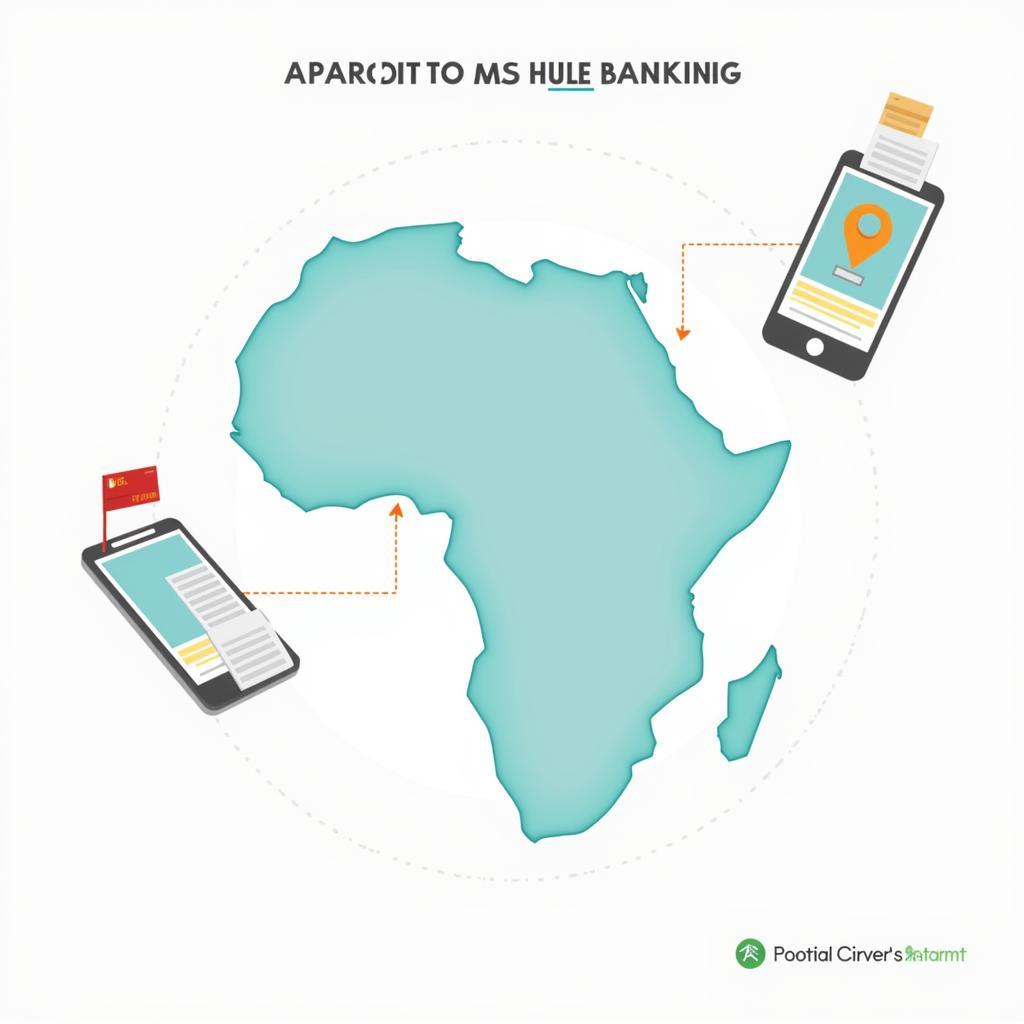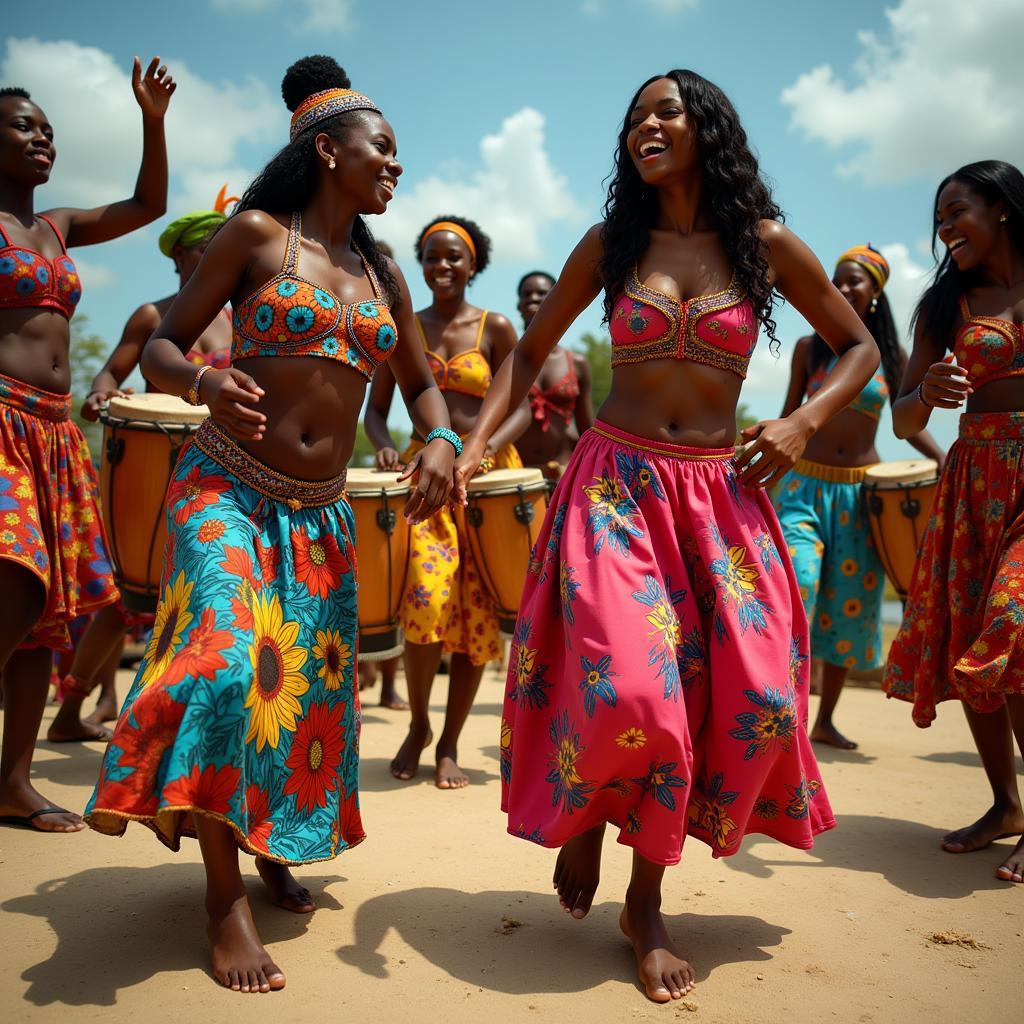Exploring the African and Black Diaspora
The African And Black Diaspora represents a complex and multifaceted tapestry woven from the threads of forced migration, cultural resilience, and the enduring pursuit of identity and belonging. This journey, spanning centuries and continents, connects people of African descent across the globe, creating a shared narrative of struggle, triumph, and the ongoing fight for equality. Just after the abolishment of slavery, Africans and the Black diaspora began to fight for their rights and freedom.  Historical map illustrating the African diaspora
Historical map illustrating the African diaspora
Understanding the Roots of the African and Black Diaspora
The transatlantic slave trade stands as a stark reminder of humanity’s capacity for cruelty. Millions of Africans were forcibly removed from their homes, families, and cultures, transported across the Atlantic in horrific conditions, and subjected to brutal enslavement. This forced migration laid the foundation for the African diaspora, scattering communities across the Americas and the Caribbean. The impact of this traumatic experience continues to reverberate through generations, shaping social structures, cultural identities, and the ongoing struggle for racial justice.
The Impact of Slavery and Colonialism
Slavery and colonialism are intertwined forces that have profoundly shaped the African and Black Diaspora. These systems of oppression not only exploited African labor but also systematically dismantled existing social structures, languages, and cultural traditions. The legacy of this exploitation manifests in persistent economic disparities, limited access to education and healthcare, and systemic racism that continues to plague societies around the world.
The fight for civil rights and liberation movements across the diaspora reflect the unwavering spirit of resilience and the determination to overcome systemic oppression. From the abolitionist movement to the Civil Rights Movement in the United States, activists and community leaders have tirelessly fought for equality, justice, and the recognition of their fundamental human rights. african american art museum san francisco
Cultural Expressions of the Diaspora
Despite the horrors of slavery and colonialism, African culture not only survived but thrived, adapting and evolving in new contexts. Music, art, literature, and religious practices became powerful tools of resistance, preserving cultural heritage, and forging new forms of expression. The African American headdress, for example, evolved into a powerful symbol of identity and pride. african american headdress
Music and Dance: Rhythms of Resilience
Music and dance have played a vital role in preserving African cultural heritage and expressing the experiences of the diaspora. From the spirituals sung by enslaved Africans to the vibrant rhythms of jazz, blues, and reggae, music has served as a powerful form of storytelling, resistance, and celebration.
“Music is the lifeblood of the diaspora,” says Dr. Anika Kwame, a renowned ethnomusicologist. “It connects us to our ancestors, tells our stories, and fuels our fight for liberation.”
Art and Literature: Voices of the Diaspora
Visual arts and literature have provided platforms for artists and writers to explore themes of identity, belonging, and the complexities of the diaspora experience. From the powerful murals of the Harlem Renaissance to the contemporary novels exploring the legacy of slavery, these creative expressions offer nuanced perspectives on the challenges and triumphs of the African and Black Diaspora.
The African and Black Diaspora Today
Today, the African and Black Diaspora faces ongoing challenges related to racial inequality, systemic discrimination, and the persistent legacy of colonialism. However, the diaspora also represents a powerful force for change, driving social justice movements, promoting cultural understanding, and advocating for a more equitable and inclusive future. Knowing all African countries’ flags is a sign of pan-Africanism. all african countries flags
What are some current issues facing the diaspora?
Current issues include systemic racism, police brutality, economic inequality, and the lack of access to quality education and healthcare.
“The fight for equality is far from over,” states Dr. Kwame. “We must continue to organize, educate, and advocate for the rights of all people of African descent.”
african flag with fist The African and Black diaspora is more interconnected than ever, thanks to technology and globalization. This increased connectivity facilitates communication, collaboration, and the sharing of resources across geographical boundaries. african cell number
Conclusion
The African and Black Diaspora is a powerful testament to the resilience, creativity, and enduring spirit of people of African descent. While the legacy of slavery and colonialism continues to cast a long shadow, the diaspora also represents a vibrant tapestry of cultures, traditions, and ongoing struggles for justice and equality. The journey continues, and the fight for a more equitable and inclusive future remains a central focus of the African and Black Diaspora.
FAQ
- What is the African Diaspora?
- What were the main causes of the African Diaspora?
- How has the African Diaspora influenced cultures around the world?
- What are some key figures in the African Diaspora?
- What are some current challenges facing the African Diaspora?
- How can I learn more about the African Diaspora?
- What resources are available to support the African Diaspora?
Need Support?
Contact us 24/7:
Phone: +255768904061
Email: kaka.mag@gmail.com
Address: Mbarali DC Mawindi, Kangaga, Tanzania.


